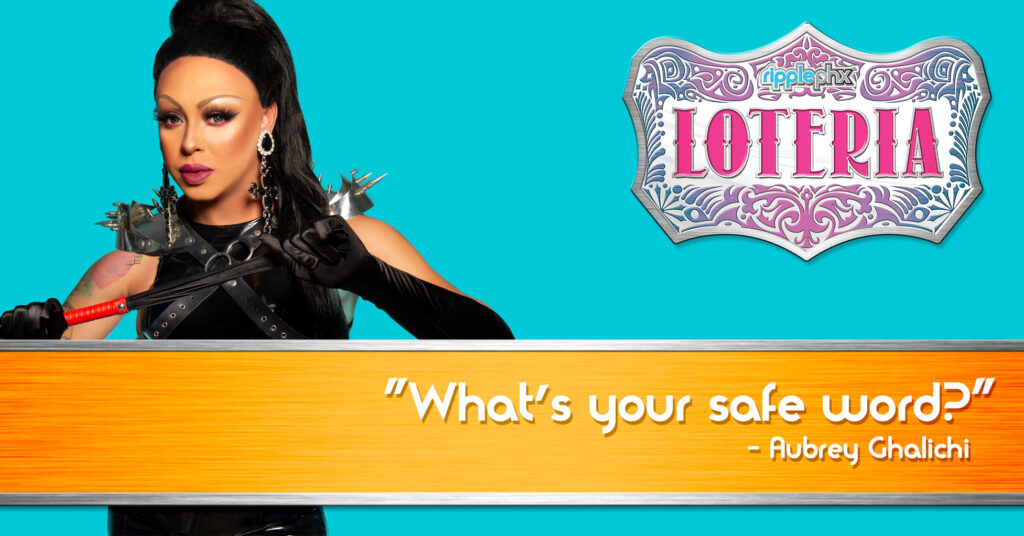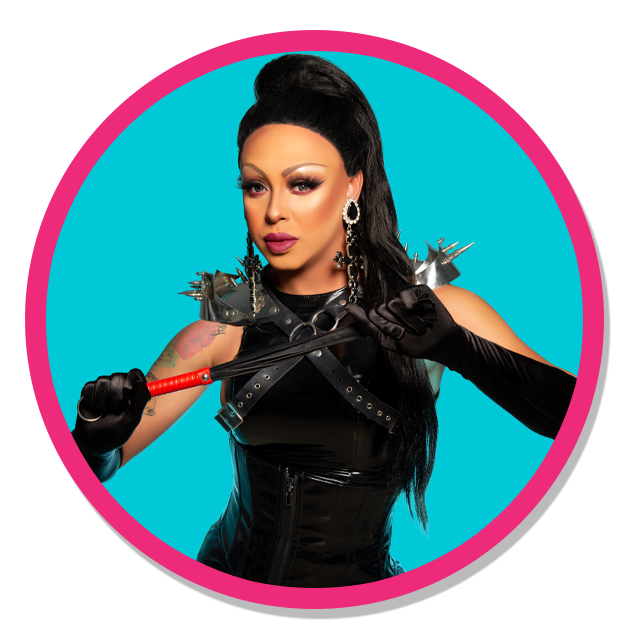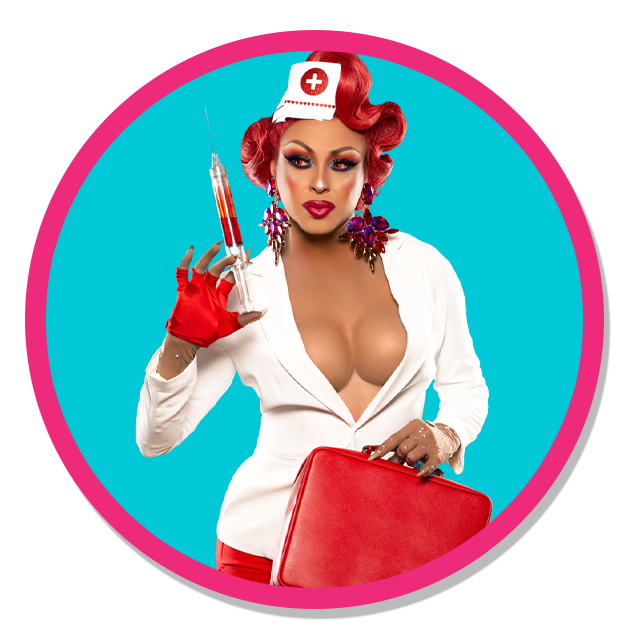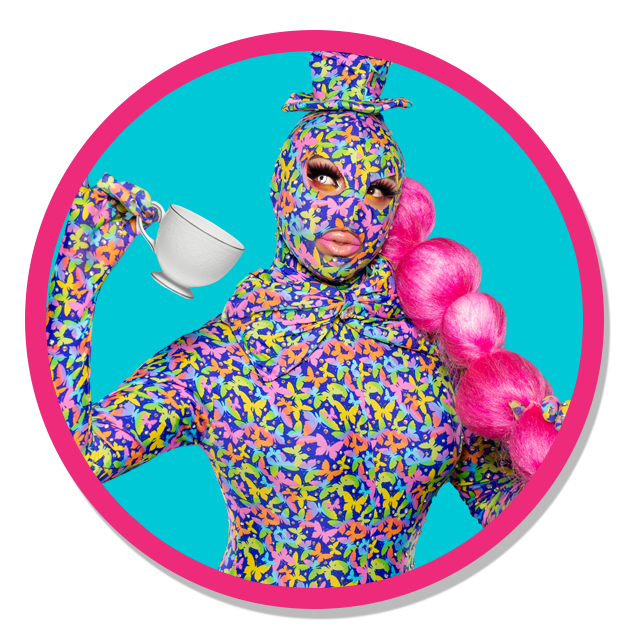
WHAT’S YOUR SAFE WORD?
How can HIV impact my mental health?
Almost every person faces mental health challenges at some point. Major stresses—like the death of a loved one, divorce, loss of a job, or moving—can have a major impact on mental health. Having a serious illness, like HIV, can be another source of major stress. You may find that living with HIV challenges your sense of well-being or complicates existing mental health conditions. HIV, and some opportunistic infections, can also affect your nervous system and can lead to changes in your behavior. Good mental health will help you live your life to the fullest and is essential to successfully treating HIV. To help manage your mental health, it is important to know when, how, and where to get help.
What is HIV depression and where can I find treatment?
One of the most common mental health conditions that people with HIV face is depression. Depression can range from mild to severe, and the symptoms of depression can affect your day-to-day life. Symptoms can include:
- persistent sadness,
- anxiety,
- feeling “empty,”
- feelings of helplessness,
- negativity,
- loss of appetite, and
- disinterest in engaging with others
The good news is that depression is treatable. Ask your health care provider, social worker, or case manager to refer you to a mental health provider who can give you the care you need.
Types of mental health providers include:
- Psychiatrists: Medically trained physicians who treat mental health problems with various therapies, like talk therapy, and by prescribing medicine.
- Psychologists: Trained professionals who help people cope with life challenges and mental health problems with therapies, like talk therapy, but usually cannot prescribe medicines.
- Therapists: Mental health or marriage and family counselors who help people cope with life issues and mental health problems.
You may also choose to join a support group.












